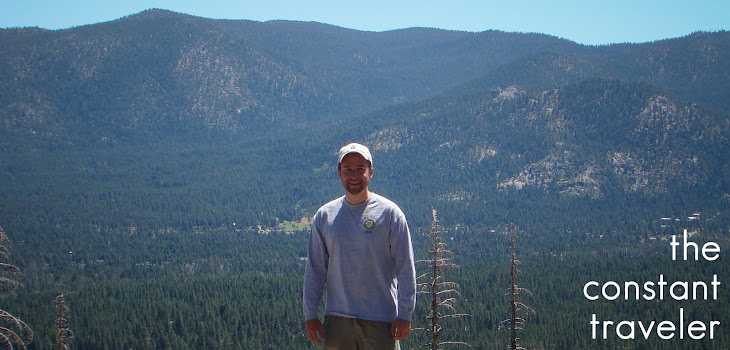While there are plenty of stories from the last few days that I could tell, I'll stick with a word on Tunis, the capital city and where I'm staying until tomorrow morning.
Tunis is not for the faint of heart, but, like many cities, it has a unique way of being likeable despite its intimidating outer shell. It is a city of paradox--it is chaotic yet unhurried; towering modernistic hotels next to ancient mosques; crumbling Italian villas transformed into a clothing store; iPod headphones hidden under hijab. A 1300-year-old mosque sits in the epicenter of Tunis, beautiful and breathtaking in its ancientness and the sound of the imam calling the faithful to prayer from its commanding minaret. Nestled among modernity is the sprawling, labyrinth of the medina, the original hill where the city was founded. Here you plunge into its hive-like maze of narrow streets that from above look Biblical with its sun-parched walls and clotheslines and goats on the rooftops. In the hive itself are the souks (street shops), where wily shopkeepers shove made-in-China ceramics in passerby's faces yet become particularly moody when foreigners beat them at their own game and haggle to a fair price (a moodiness that is strangely cathartic to the victor).
Tomorrow morning I'll be leaving Tunis for Sidi Bou Said, a small town on the Mediterranean. There I'll have my Arabic classes (five days a week, six hours a day) and live with a host family for seven weeks. Already I've realized that immersing yourself is not as hard as it seems; all you need is a mind open and absorbant, ready to accept the contradictions and paradoxes of that culture and realize that your own culture is just as confusing. Culture, like language, is something you need to hear at all times in order for you to find out what it means.
Below (from top to bottom): A door in the medina; a narrow alleyway in the souks; an Italian villa, a remnant of the Sicilian farming community that lived in Tunis a hundred years ago; the Olive Mosque and its minaret.






No comments:
Post a Comment